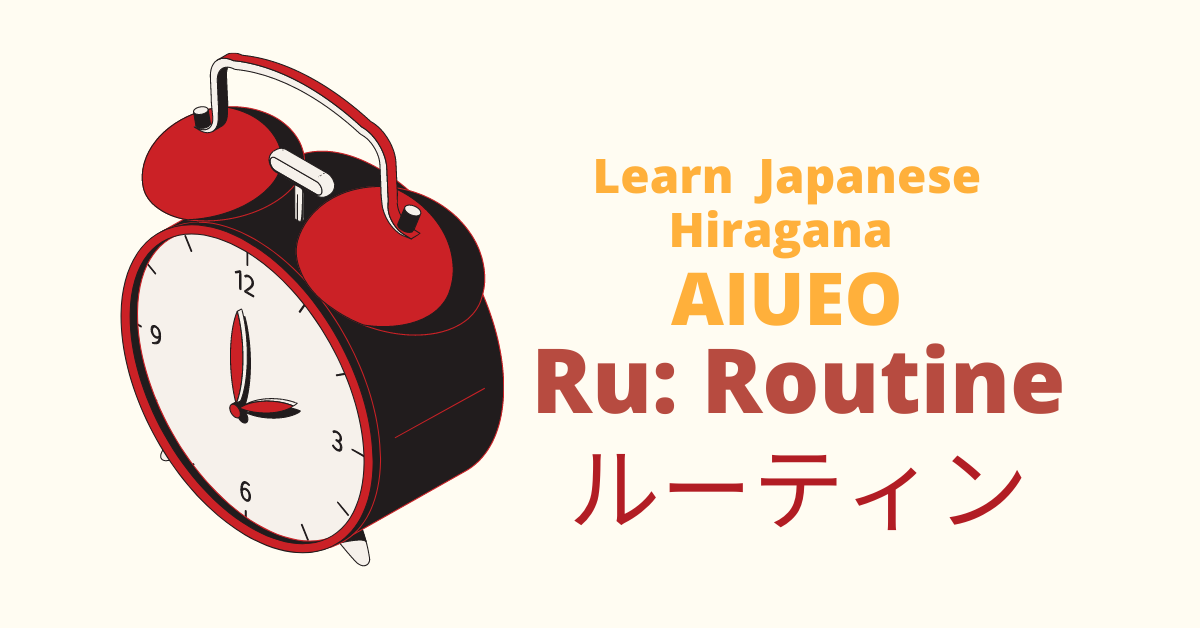Home / Best way to study Japanese / Page 5
Ever ate that one dish that made you go like “Wow, that’s SUPER delicious!” or saw that one product that made you go like: “Err… That’s RIDICULOUSLY expensive”? Well, as much as we do use superlatives in our everyday lives, Japanese people do use them as well!. As such, let’s go through some of the […]
There are many uses for a Language Exchange Application. Some use it to learn and practice a new language, some may just want to find someone to talk to, while others may use it as a platform to search for their soulmate. Today, we will be introducing 10 Language Exchange Applications that you could make use of while in Japan!

Information on EventWhere will it be Held?Information about the StadiumsWhen will it be held?Where to get the Tickets Planning the Trip to Japan/TokyoDo I need a Visa…?Getting a Hotel in TokyoGetting to the StadiumsThe Complex Railway SystemNavigating around JapanAverage Cost per PersonOrdering Food in Japan What to Expect from the Match/Japanese Culture?How different is a Japanese Rugby […]
“3…2…1! Annnnd it’s finally 2019!” Or so it would have went weeks back. With the brand new year upon us, have you made your New Year’s Resolution yet? What is it? Is learning Japanese on the top of your list? Well, no worries as we’d be glad to help you out with achieving it! Tips […]
Alphabet is the foundation of English language, and the same thing can be said about hiragana in the Japanese language. Mastering hiragana is important for anyone who want to learn the basics of Japanese. As one of the two Japanese alphabets — right next to katakana — hiragana is used for both Japanese grammars and […]
Alphabet is the foundation of the English language, and the same thing can be said about hiragana in the Japanese language. Mastering hiragana is important for anyone who wants to learn the basics of Japanese. As one of the two Japanese alphabets — right next to katakana — hiragana is used for both Japanese grammars […]
Manners come in many forms and knowing when to use them is very important. In today’s AIUEO blog, we will be explaining some manners that you should take note of even between friends. Sample Conversation Why do we need manners? Manners between friends Sample conversation: A: Earlier on, my teacher said something funny in class, […]
Check out this article for an insight into Japanese hiragana, katakana and daily routine! Find out more about Yumi sensei’s routine and her advice to others!


